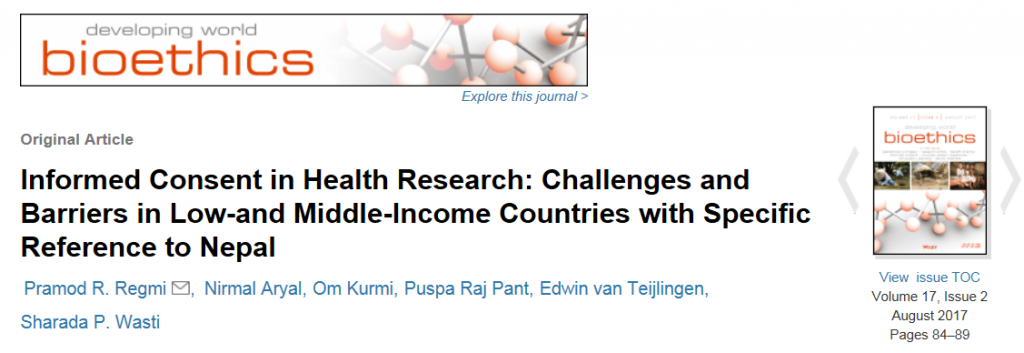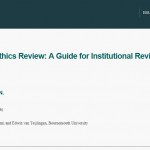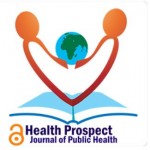 Next months sees the publication of our latest article on research ethics in developing countries [1]. Our paper argues that despite a significant increase in health research activity in low-and middle-income countries (LMICs) in recent years, only limited work has been done to address ethical concerns. Most ethics committees in LMICs lack the authority and/or the capacity to monitor research in the field. This is important since not all research, particularly in LMICs region, complies with ethical principles, sometimes this is inadvertently or due to a lack of awareness of their importance in assuring proper research governance. With several examples from Nepal, this paper reflects on the steps required to obtain informed consents and highlights some of the major challenges and barriers to seeking informed consent from research participants. At the end of this paper, we also offer some recommendations around how can we can promote and implement optimal informed consent taking process.
Next months sees the publication of our latest article on research ethics in developing countries [1]. Our paper argues that despite a significant increase in health research activity in low-and middle-income countries (LMICs) in recent years, only limited work has been done to address ethical concerns. Most ethics committees in LMICs lack the authority and/or the capacity to monitor research in the field. This is important since not all research, particularly in LMICs region, complies with ethical principles, sometimes this is inadvertently or due to a lack of awareness of their importance in assuring proper research governance. With several examples from Nepal, this paper reflects on the steps required to obtain informed consents and highlights some of the major challenges and barriers to seeking informed consent from research participants. At the end of this paper, we also offer some recommendations around how can we can promote and implement optimal informed consent taking process.
 The paper is co-written by six authors, and interestingly five are graduates of the University of Aberdeen. These Aberdeen University graduates are currently affiliated with five different universities. Four of who are based in the UK at: the University of Liverpool, the University of the West of England, the University of Oxford, and in Bournemouth University’s Centre for Midwifery, Maternal & Perinatal Health (CMMPH) and one in the USA: Georgetown University. The sixth co-author, Nirmal Aryal, is currently a PhD student at the University of Otago in Dunedin (New Zealand). Whilst Liverpool-based researcher Dr. Pramod Regmi is heading back for Bournemouth University to become a lecturer in International Health in the Faculty of Health & Social Sciences this autumn.
The paper is co-written by six authors, and interestingly five are graduates of the University of Aberdeen. These Aberdeen University graduates are currently affiliated with five different universities. Four of who are based in the UK at: the University of Liverpool, the University of the West of England, the University of Oxford, and in Bournemouth University’s Centre for Midwifery, Maternal & Perinatal Health (CMMPH) and one in the USA: Georgetown University. The sixth co-author, Nirmal Aryal, is currently a PhD student at the University of Otago in Dunedin (New Zealand). Whilst Liverpool-based researcher Dr. Pramod Regmi is heading back for Bournemouth University to become a lecturer in International Health in the Faculty of Health & Social Sciences this autumn.
Prof. Edwin van Teijlingen
CMMPH
Reference:
- Regmi, P.R., Aryal, N., Kurmi, O., Pant, P.R., van Teijlingen, E., Wasti, P.P. (2017) Informed consent in health research: challenges and barriers in low-and middle-income countries with specific reference to Nepal, Developing World Bioethics 17(2):84-89
 Informed consent in health research: new paper
Informed consent in health research: new paper New book review published by Dr. Pramod Regmi on research ethics
New book review published by Dr. Pramod Regmi on research ethics New paper by BU’s Lecturer in International Health
New paper by BU’s Lecturer in International Health










 Nursing Research REF Impact in Nepal
Nursing Research REF Impact in Nepal Fourth INRC Symposium: From Clinical Applications to Neuro-Inspired Computation
Fourth INRC Symposium: From Clinical Applications to Neuro-Inspired Computation ESRC Festival of Social Science 2025 – Reflecting back and looking ahead to 2026
ESRC Festival of Social Science 2025 – Reflecting back and looking ahead to 2026 3C Event: Research Culture, Community & Cookies – Tuesday 13 January 10-11am
3C Event: Research Culture, Community & Cookies – Tuesday 13 January 10-11am Dr. Chloe Casey on Sky News
Dr. Chloe Casey on Sky News ECR Funding Open Call: Research Culture & Community Grant – Application Deadline Friday 12 December
ECR Funding Open Call: Research Culture & Community Grant – Application Deadline Friday 12 December MSCA Postdoctoral Fellowships 2025 Call
MSCA Postdoctoral Fellowships 2025 Call ERC Advanced Grant 2025 Webinar
ERC Advanced Grant 2025 Webinar Horizon Europe Work Programme 2025 Published
Horizon Europe Work Programme 2025 Published Update on UKRO services
Update on UKRO services European research project exploring use of ‘virtual twins’ to better manage metabolic associated fatty liver disease
European research project exploring use of ‘virtual twins’ to better manage metabolic associated fatty liver disease